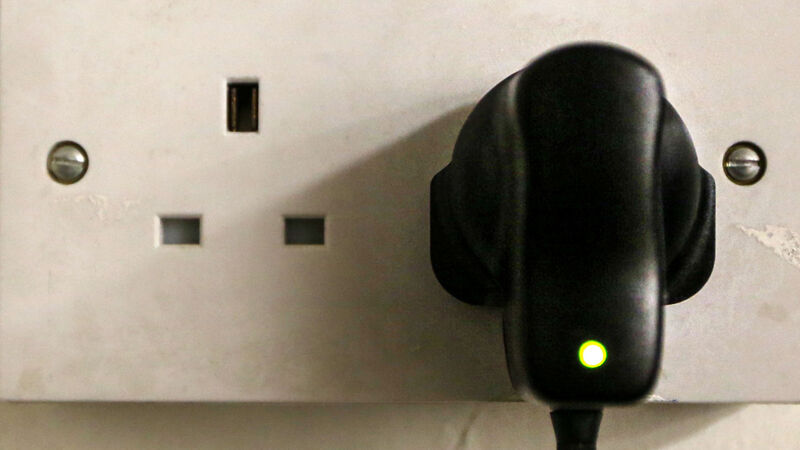EirGrid chief: People can sleep in their beds this winter confident there will be no blackouts

Mark Foley told the committee the resumption of generation at the Whitegate and Huntstown plants along with higher wind energy output will mean that blackouts will be avoided.
People can "sleep in their beds at night" confident that there will be no blackouts this winter, an Oireachtas committee has been told.
Mark Foley, chief executive of national grid operator EirGrid, told the committee on environment and climate action that his company "has a plan" that will avoid power outages this winter.













